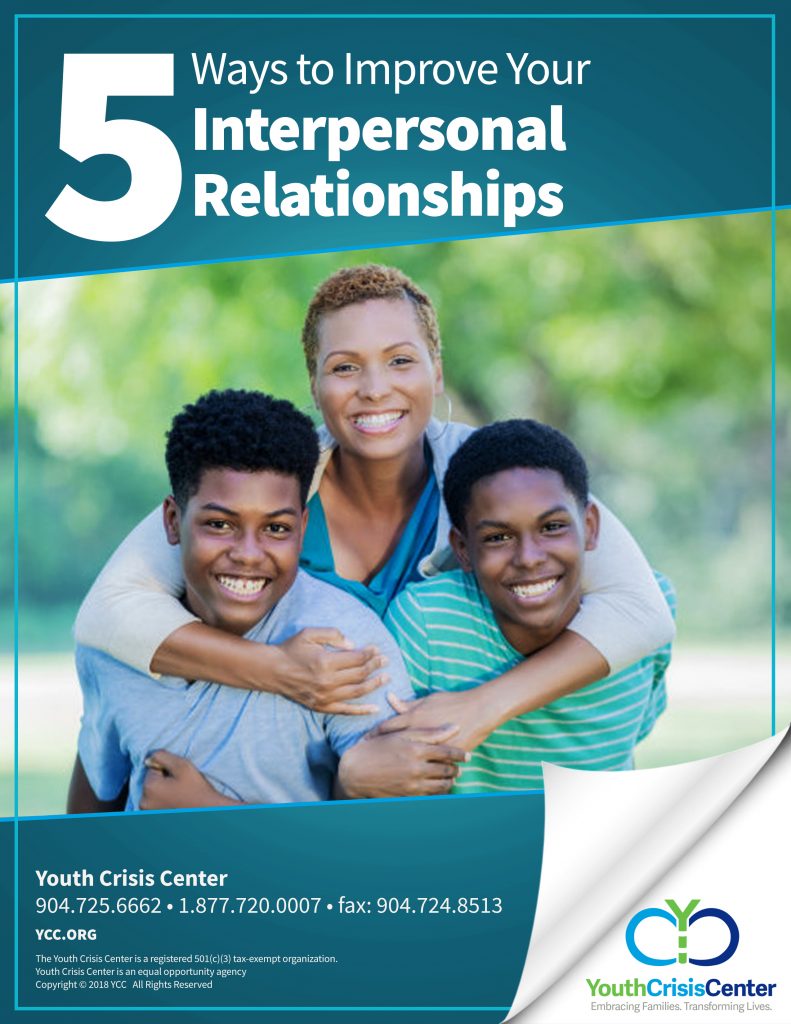As our
country continues to deal with COVID-19, the term ‘social distancing’ continues
to pop up. Social Distance is a big reason why you are probably working from
home, your kids are not at their physical school, and why so many businesses
are limiting how many people are allowed inside. CDC says limiting face-to-face
contact with others is the best way to reduce the spread of the virus. Basically, social distancing means keeping space
between yourself and others when you are not inside your home. You have
probably noticed stores placing markers or pieces of tape to keep people at
least six feet apart. It is recommended to avoid groups and stay out of crowded
places.
This
could be particularly hard for people who consider themselves extroverted or
someone who simply enjoys being out around a lot of people whether that be the
mall, the beach or their favorite restaurant. If you are someone who enjoys
spending time with your friends or family members, this time could also be
particularly challenging. However, just because you are being asked to distance
yourself that does not mean to isolate yourself from your loved ones. In fact,
you should be finding other ways to talk to your favorite people as we all go
through COVID-19.
Setting
boundaries for others
Whether
you consider yourself an introvert or you’re taking the CDC’s recommendation
seriously, you might have to deal with family members or friends who do not take
the recommendation as seriously. This is where setting boundaries can become
useful according to Bertha Barrett, an Outpatient Therapist at the Youth Crisis
Center. She suggests you should be clear about your concerns, especially if
you’re at a higher risk of contracting the virus due to health issues. You
should also take into account if you have young children or even a newborn who
could be prone to getting the virus.
Even
though you are keeping your distance for health reasons, that does not mean you
need to cut off all communications with your loved ones. Recently, Jacksonville
Mayor Lenny Curry called on residents to try and call somebody at 7 pm to still
stay in touch while also practicing social distancing. This is not the time for
someone to intentionally try to ostracize themselves and be lonely. Even though
you have set physical boundaries for someone does not mean you should set
emotional ones as well. Use this time to not just call a loved one but find
ways to reconnect with your family as you all go through this together.
Setting
boundaries for yourself
Barrett says setting boundaries for yourself can help you stay mentally well by
reducing stress. If you happen to live alone or you don’t have family members
or friends to call at the moment, use this time to focus on yourself. She
recommends limiting your time in front of the television or any screen,
especially if constant updates of the pandemic makes you uneasy. If you’re
working from home, Barrett says it can be easy for someone to isolate themselves
from the world by diving into their work. She wants you to stick to your normal
work routine and hours if possible. Barrett says it is important to know when
your workday is over. While maintain a work schedule is important – she also
recommends setting time aside for yourself. Barrett calls finding ways to relax
and focus on both your mental and physical health important during this time.
Youth Crisis Center’s Outpatient Behavioral Health Program
The Youth CrisisCenter was founded in 1974 as Florida’s first run-away program and has grown to be one of the largest and best-known providers of services for youth and families. Nationally recognized as setting a standard in youth services, YCC has been ranked as one of the top five programs in the United States by the Youth Policy Institute in Washington DC. Throughout the past 45 years, YCC has helped thousands of youth and their families overcome adversity and build stronger relationships.
Are you concerned about relationship issues with your child or between family members? The Youth Crisis Center’s Outpatient Behavioral Health program provides comprehensive mental health and psychiatric care to children as young as 3, as well as their families. Parents may receive individual and family counseling services regardless if their child is a YCC client.
Click to learn more about 5 Ways to Improve Your Interpersonal Relationships.












